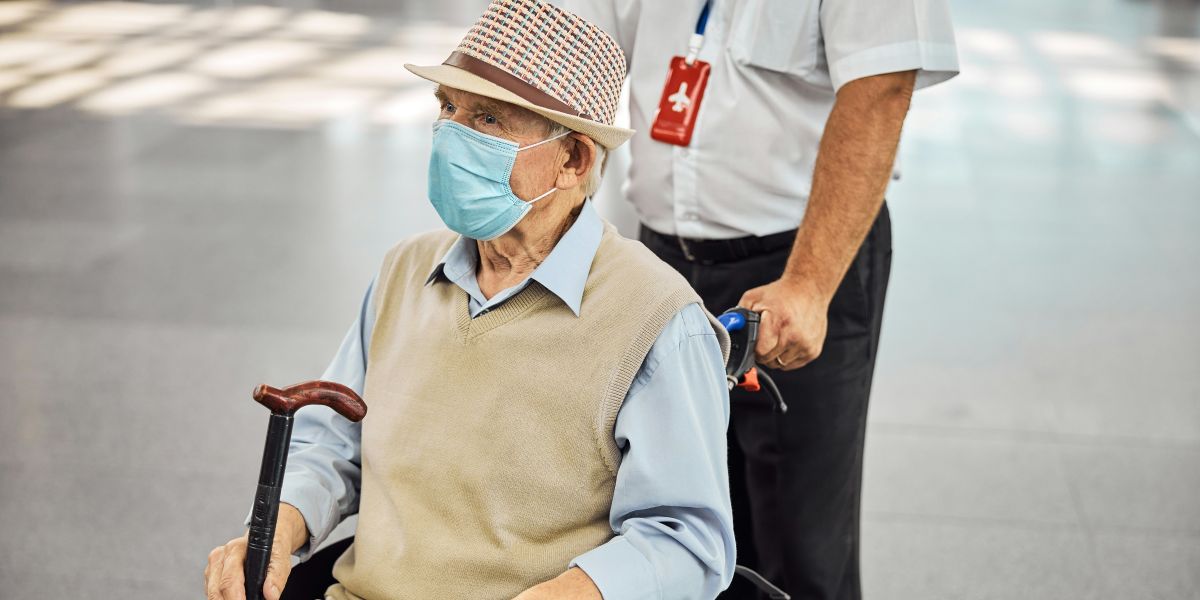Global Pandemic – A new study warns coronavirus pandemic is fueling a worldwide decline in internet freedom and contributing to a broader crisis for democracies.
DURING THE COVID-19 pandemic that has enforced lockdowns and limited access to workplaces, schools, and public places, Internet access is more important than ever. But according to a recent Freedom House report, not all access is the same around the world, and it is declining.
According to the annual report, globally, Internet freedom has experienced its tenth consecutive year of decline, which evaluated internet freedom in 65 countries. While 23 countries recorded net gains in internet freedom, 26 states recorded worse scores than last year.
“The coronavirus pandemic is accelerating a dramatic decline in global internet freedom,” according to the authors of the report. “For the 10th consecutive year, users have experienced an overall deterioration in their rights, and the phenomenon is contributing to a broader crisis for democracy worldwide.”
Iceland held the highest Internet freedom score, while the United States was in seventh place. Estonia, Canada, Germany, the United Kingdom, and France were also better ranked than the United States. China finished last in the Freedom House analysis for the sixth straight year. The report’s authors noted that new content checks and arrests were reported during the investigation period, including crackdowns in Hong Kong for Freedom of expression and protests. Iran, Syria, Vietnam, and Cuba compiled the five countries with the lowest internet freedom scores.
The survey, which represented 87% of internet users worldwide, took place between June 2019 and May 2020. Each country’s Internet freedom score was determined using 21 indicators ranked on a 100-point scale under the categories of access barriers, content restrictions, and user rights violations. The results determined whether the country fell into the free, partially free, or non-free category.
According to the report, by 2020, 35% of the world will have no internet freedom, and a further 32% will be only partially free. Of the 3.8 billion people who enjoy internet access, 64% live in countries where people have been attacked or killed because of online activities since June 2019.
Likewise, according to the data, few of the politicians have used the COVID-19 pandemic to restrict access to information, controlling the dissemination of information by arresting people for sharing allegedly false information, or in other cases by completely shutting down news sites. Other executives have used the COVID-19 pandemic to justify improved surveillance measures, using data collection methods combined with artificial intelligence that may otherwise have seemed too intrusive. And some leaders have pursued virtual border closure, or “cyber sovereignty,” which is putting pressure on the spread of information worldwide.
Other findings from the Freedom House report:
Myanmar and Kyrgyzstan recorded the largest decline in the past year, with a drop of five points. In Myanmar, the government-ordered internet shutdown has contributed to the fall, which has left 1.4 million people without access since June 2019. Kyrgyzstan faced a similar government-imposed blackout in 2019, as investigative reporters were “beaten” and faced defamation lawsuits after uncovering a “corruption.”
Since last year, Sudan has seen a five-point improvement in internet freedom due to the provisional constitution, following a transition to government, containing terms relating to Freedom of speech and internet access. However, the country is not without concern, as it was on hiatus for 40 days in June 2019.
The United States lost a point in internet freedom last year, marking four consecutive years of decline. The loss is attributed to increasing social media surveillance by local and federal law enforcement officials, with some individuals facing criminal charges for their actions online.
The report highlighted significant internet controls related to content restrictions on political, social, or religious grounds and found that all but nine countries had undergone such control. The U.S. was not one of those nine countries.
Freedom House is a Washington-based non-governmental human rights organization. It started producing its Freedom on the Net report in 2009, after examining Internet freedom in 15 countries. In 2014, the description extended its review to 65 countries, and this year’s report covers 87% of internet users worldwide. The states have been selected to represent a diversity of regions and governments.








